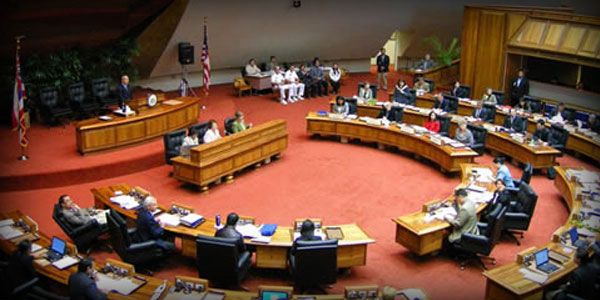The Uniform Debt Management Services Act was introduced in July 2005, by the National Conference of Commissioners on Uniform State Laws (NCCUSL). It was enacted as the first nationalized attempt to collaborate and regulate debt relief services.
Inception of the UDMSA
Consumer debt relief services have been available to consumers since the 1950s. There were two broad kinds of services available to the debtors. They promised to relieve debt-stricken consumers of their huge debt loads easily. Some provided credit counseling and helped debtors by setting up programs to reduce interest and pay off their debts over an extended period of time. Other services included debt settlement services, where agreements were made with creditors to reduce the outstanding debt amount. In both cases, the consumer had to pay a certain amount to the service provider in exchange for the services they offered.
These services offered relief to consumers with huge debts. But, they were often criticized for dissuading debtors from filing bankruptcy, which was a less costly and more regulated method of debt relief and they were viewed as money extractors. Debates also arose over ethical issues such as whether for-profit debt relief services should be allowed to operate or not.
The legislators looked for effective means to tackle these controversies and regulate the unorganized debt relief industry. The federal bankruptcy reform of 2005 marked a great turning point for these debt relief services. According the reform, consumers filing for Chapter 7 bankruptcy needed to show that they had attempted credit counseling and debt management.
The new bankruptcy law thus increased the incentives for debt relief services to act responsibly and effectively. In the same year, the National Conference of Commissioners on Uniform State Laws (NCCUSL) issued the UDMSA to govern and homogenize all the debt counseling and debt settlement services in different states.
Overview of the Act
The Uniform Debt Management Services Act is a comprehensive act that nationally regulates consumer credit counseling and debt settlement services. It is meant to provide rules for registration requirements, bond requirements, certification requirements, disclosure requirements, and penalties for non-compliance.
The UDMSA is divided into 3 sections:
- Registration
Every debt relief service provider in a state must register as a consumer debt-management service in that state. To register, the service provider will be required to:- Submit the all the details about the service. The details should include its financial standing, the identity of the principals, locations where the services will be offered, the provider's track record in other jurisdictions, etc.
- Show an effective insurance policy of at least $250,000.00 against fraud, deceit, theft, etc.
- Provide a security bond of a minimum of $50,000.00 that names the state administrator as a beneficiary.
Registration needs to be renewed every year.
- Agreements
The Act requires a service provider to:- Make certain disclosures to debtors when entering into agreements with them. Disclosure will include revealing details related to fees, the services offered, and the pros and cons of the entering into an agreement.
- Offer credit counseling services from a certified counselor/certified debt specialist.
- Create a debt management plan in consultation with the credit counselor for debt-management.
- Put all the payments received from a debtor in a trust account which cannot be used hold any other funds belonging to the service provider.
- Strictly take care of the trust account and periodically report its status to the debtor.
A debtor will not be penalized if they cancel the agreement within 3 days of signing. The debtor may also cancel it after 30 days, but they will be subject to penalties.
The service also holds the right to terminate the agreement if required payments are not made for at least 60 days.
There are strict accounting requirements and periodic reporting requirements respecting funds held in the trust account.
- Enforcement
The Act prohibits specific conduct by a service provider. The following are some of the limitations enforced by the UDMSA:- Misappropriation of funds in a trust account;
- Settlement for more than 50% of a debt without the debtor's consent;
- Gifts or premiums to enter into an agreement; and
- Representing that settlement has occurred without certification from a creditor.
- Investigative powers,
- Power to order an individual to cease and desist,
- Power to assess a civil penalty up to $10,000.00, and the
- Power to bring a civil action.
While the statute of limitations concerning an action by the administrator is four years, the statute of limitation for a private suit is two years.
Exceptions
While banks are regulated under other law, they are not subject to the UDMSA, as other activities that are incidental to other functions performed. For example, a title insurer offering bill-paying service incidental to title insurance is not subject to the UDMSA.













